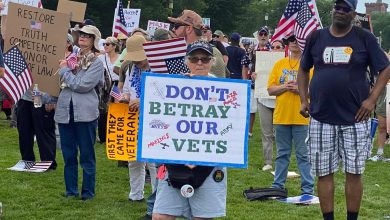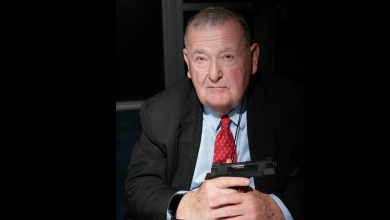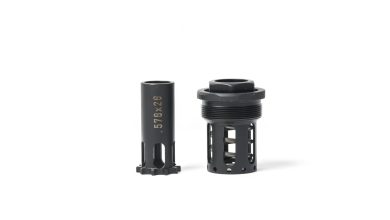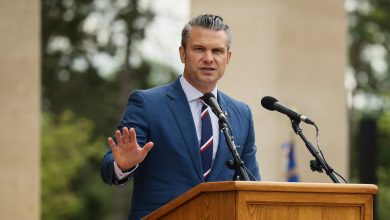Navy relieves admiral in charge of unmanned systems office
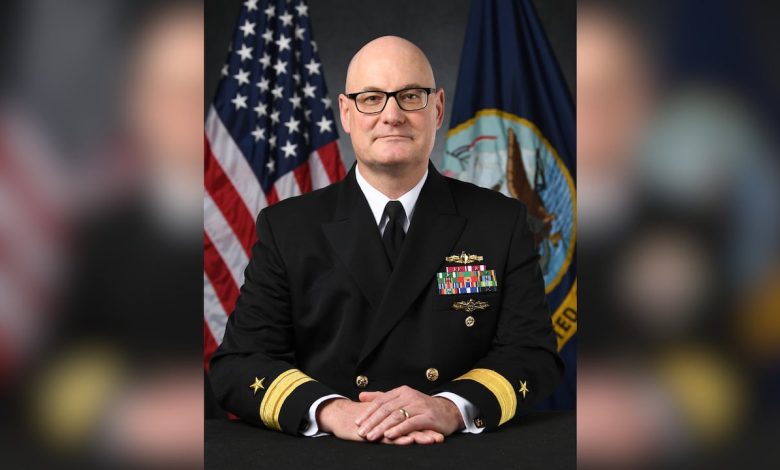
The Navy relieved the executive officer for unmanned and small combatants programs on Tuesday, the service said.
Dr. Brett Seidel, acting assistant secretary of the Navy for research, development & acquisition, dismissed Rear Adm. Kevin Smith as program executive officer for the Program Executive Office for Unmanned and Small Combatants “due to a loss of confidence based on a complaint substantiated by an Office of the Naval Inspector General investigation,” according to a release.
“The Navy maintains the highest standards for leaders and holds them accountable when those standards are not met,” the release said.
RELATED
The release did not provide additional details on Smith’s dismissal or the nature of the complaint. The term “loss of confidence” is a common refrain attached to the departure of a senior military leader.
On June 1, 2023, Smith was appointed the program executive officer for the Program Executive Office for Unmanned and Small Combatants, an acquisition authority within Naval Sea Systems Command that helps design, develop and create “unmanned maritime systems, mine warfare systems, special warfare systems, expeditionary warfare systems and small surface combatants,” according to the service.
His awards include three Legion of Merit awards, six Meritorious Service Medals, two Navy Commendation Medals and the Navy and Marine Corps Achievement Medal.
Smith has been temporarily reassigned to the staff of Naval Sea Systems Command, according to the release.
Melissa Kirkendall, executive director for the Program Executive Office for Unmanned and Small Combatants, has temporarily assumed Smith’s duties.
Riley Ceder is a reporter at Military Times, where he covers breaking news, criminal justice, investigations, and cyber. He previously worked as an investigative practicum student at The Washington Post, where he contributed to the Abused by the Badge investigation.
Read the full article here


